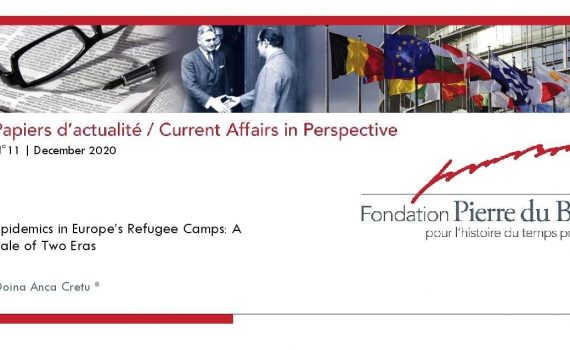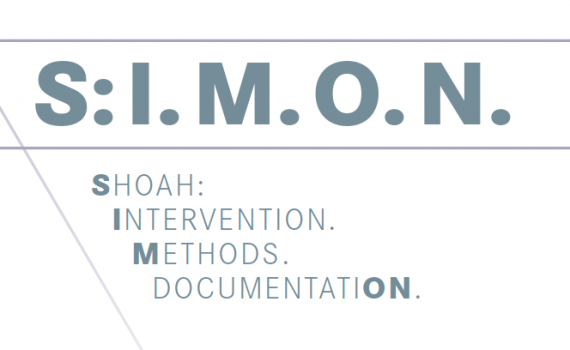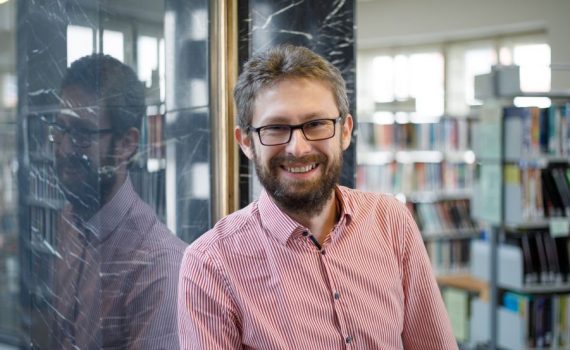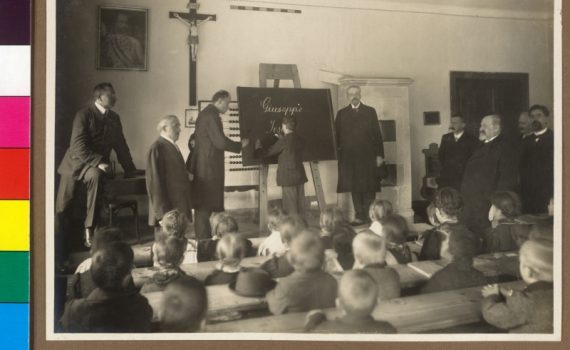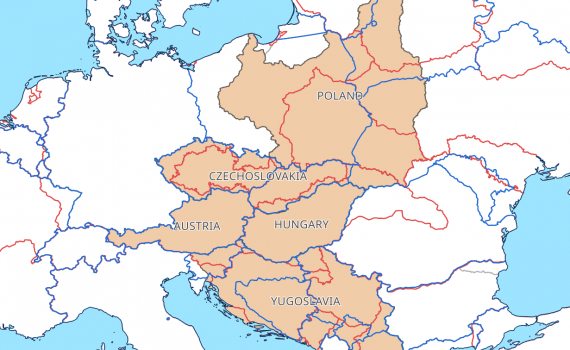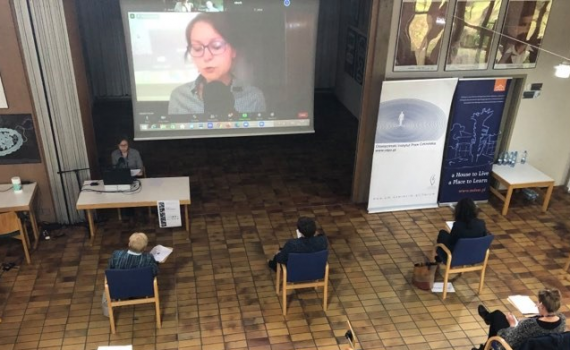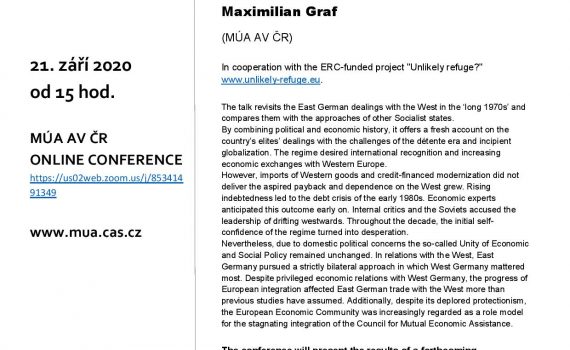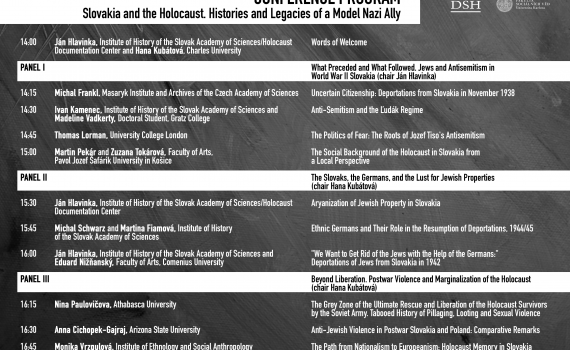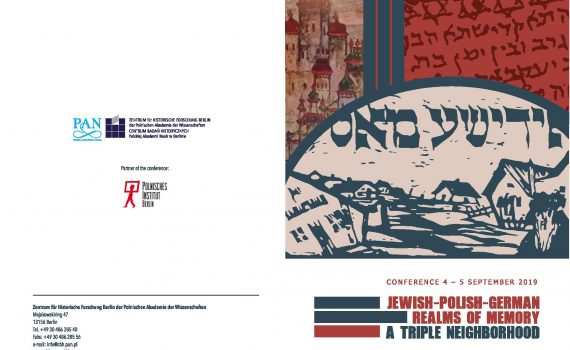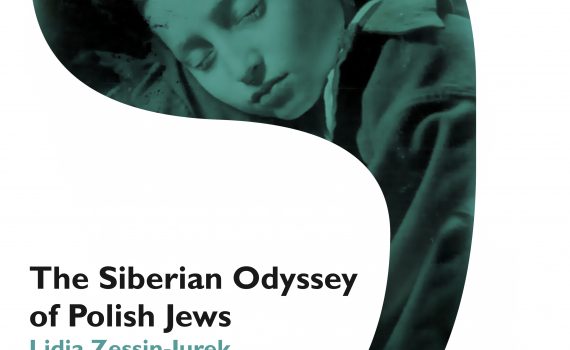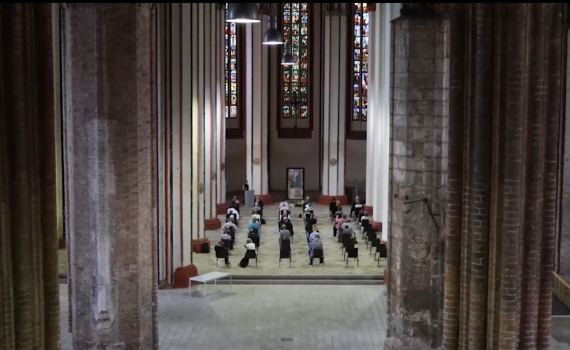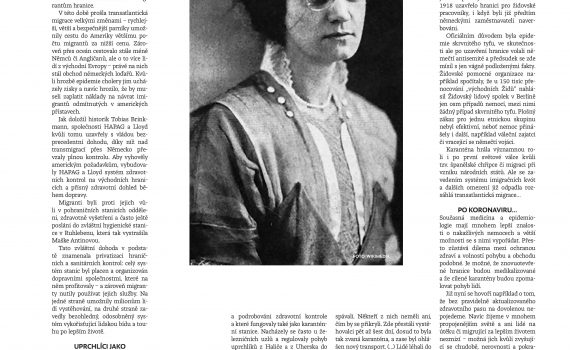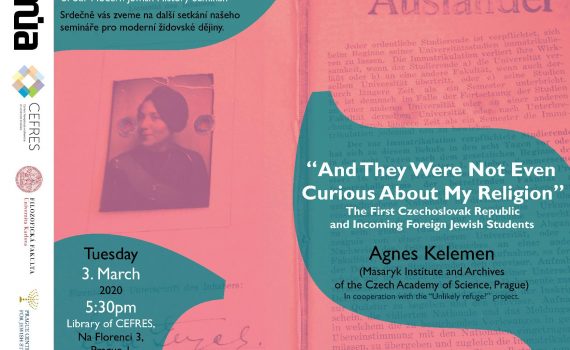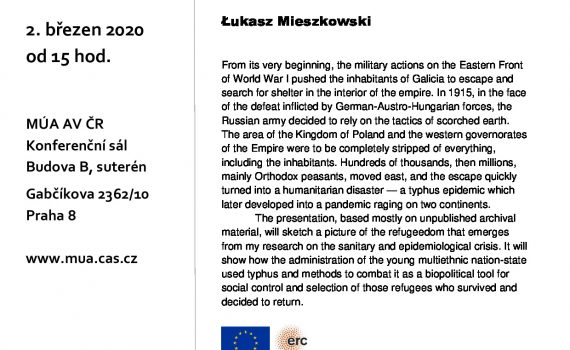Doina Anca Cretu, the member of the Unlikely refuge? ERC research project, published a short article titled “Epidemics in Europe’s Refugee Camps: A Tale of Two Eras.” Her text was released in the last issue of the Papiers d’actualité/Current Affairs in Perspective (No. 11, December 2020), issued by the Pierre […]
Yearly Archives: 2020
The Unlikely Refuge? ERC project’s Principal Investigator Michal Frankl published his new article titled “Citizenship of No Man’s Land? Jewish Refugee Relief in Zbąszyń and East-Central Europe, 1938–1939” in the last issue of the S:I.M.O.N. Shoah: Intervention. Methods. Documentation (02/2020), the open-access journal of the Vienna Wiesenthal Institute for Holocaust […]
The Unlikely Refuge? team member Ágnes Katalin Kelemen participated at the Online Conference “Anti-Jewish Quotas in Central Europe” organized by the Nationalism Studies Program and Jewish Studies Program at Central European University (Budapest/Vienna) and the Tom Lantos Institute (Budapest) between 23-24 November 2020. She gave a presentation titled “Rebels against […]
Photo: Radek Miča, Universitas Chci vepsat uprchlíky zpátky do dějin Evropy, říká historik Michal Frankl Pro svůj ambiciózní projekt věnující se uprchlíkům ve středovýchodní Evropě ve 20. století získal před dvěma lety ERC konsolidační grant. Historik Michal Frankl z Masarykova ústavu a Archivu Akademie věd se tak stal prvním humanitněvědním badatelem na […]
Doina Anca Cretu and Maximilian Graf, members of the Unlikely refuge? ERC research project, joined the Annual ASEEES Convention, which took place virtually this year on November 5-8 and 14-15. Together with Sielke Beata Kelner (Leiden University), they formed a panel titled “Feared ‘Mobilities’: Policy, Discourse, and Experience of Migration […]
Prague, June 23-25, 2021 Organisers: Doina Anca Cretu, Michal Frankl (ERC-funded project Unlikely refuge?, Masaryk Institute and Archives of the Czech Academy of Sciences) Humanitarianism has become one of the defining features of our contemporary world, as governments, private associations, and international organizations are increasingly responding to human suffering across […]
The talk addresses the origins of significant differences in perception of various refugee waves that occurred after the Nazis’ ascent to power. While emigration of the bulk of German-speaking Jews merged into the classic example of the refugee phenomenon, perhaps even paradigmatic of the experience, refugeedom of Polish Jews continues […]
In the autumn of 2020, the Unlikely Refuge? team held an internal workshop with a focus on refugee and migration regimes. With the help of selected readings, including the ‘standard’ work by Claudena Skran on the first international attempts to address the refugee problem in the wake of WWI, we […]
Online Conference: Slovakia and the Holocaust. Histories and Legacies of a Model Nazi Ally | 8 September 2020 | Dokumentačné stredisko holokaustu/Fakulta sociálních věd Univerzity Karlovy https://www.facebook.com/events/dokumenta%C4%8Dn%C3%A9-stredisko-holokaustu/virtual-conference-slovakia-and-the-holocaust/1512682472237102/
Conference: Jewish-Polish-German Realms of Memory. A Triple Neighbourhood | Berlin, 4-5 September 2020 http://www.cbh.pan.pl/de/jewish-polish-german-realms-memory-triple-neighbourhood
Lidia Zessin-Jurek, the member of the ERC project Unlikely refuge?, gave a public speech at a memory event organized today by the municipality of Frankfurt (Oder) on the occasion of the European Day of Remembrance of the Victims of Stalinism and National Socialism. The title of her presentation was “European […]
April 4, 20, 27 and May 4, 2020 Despite the recent research and publication boom, the field of migration history has never been a core topic of Cold War studies, even though it is increasingly studied and revisited. A traditional narrative on refugees in Cold War Europe clearly follows the […]
During a two-day internal workshop in January 2020, the Unlikely Refuge? research team discussed the use of anthropological methods in the historical research of refugeeness and humanitarianism. Our debate developed around similarities and differences between the historical and anthropological theoretical approaches and research methods. Furthermore, we considered the applicability of […]
